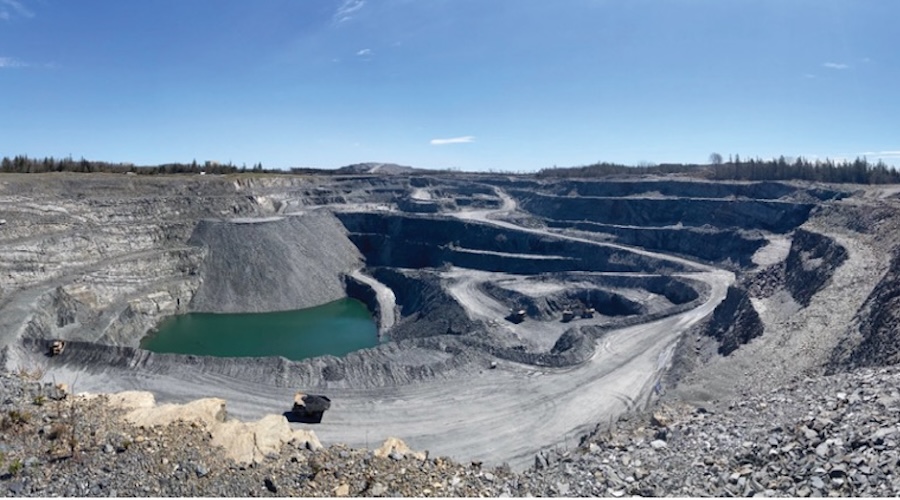Copper trading volumes rebound as speculators return

Copper volumes on world exchanges are climbing again as a buoyant economic recovery from covid-19 in top metals consumer China spurred speculators to pile back into the market.
Copper is widely used by speculators and funds as a proxy for the health of the global economy due to its wide range of uses from construction to manufacturing.
Copper trading activity slumped in the immediate aftermath of the coronavirus pandemic as funds and speculators fled from high volatility.
But as stimulus spending in China boosted demand, the price of LME benchmark copper futures soared 61% from its March lows in the early days of the covid-19 pandemic to a 28-month peak last month of $7,034 a tonne.
Copper has since pared some of the gains, but is still up more than 50% since March and many traders are betting it will resume its rally.
In China, copper volumes on the Shanghai Futures Exchange more than doubled in September after surging by 78% the month earlier. ShFE attracts huge numbers of small retail speculators as well as hedge funds and industrial players.
On the CME, which is favoured by macro hedge funds and other speculators who prefer its cash-settled contracts, copper volumes surged by 29% in September after several months of lacklustre figures.
The strong copper volumes on the CME, the world’s biggest futures exchange operator, outperformed many other sectors such as equities and rates, where weakness led to a 35% plunge in third-quarter profit.
On the London Metal Exchange, the world’s biggest market for industrial metals, volumes were not as strong, partly because speculative trading is balanced with physical hedging activity, which the pandemic dampened.
“If you’re not sure how many fridge freezers you’re going to sell, or cars that you’re going to produce, that naturally clouded the amount that you’re going to put in the hedge book,” said analyst Oliver Nugent at Citi.
LME copper volumes rose by 5% in September, benefiting from some speculative buying, while overall volumes slumped by 26%.
The closure of the LME open-outcry ring plus the build-up of inventories in non-LME warehouses may have also contributed to overall weaker LME volumes, analysts and traders said.
(By Eric Onstad, Pratima Desai and Tom Daly; Editing by David Evans)
More News
{{ commodity.name }}
{{ post.title }}
{{ post.date }}









Comments